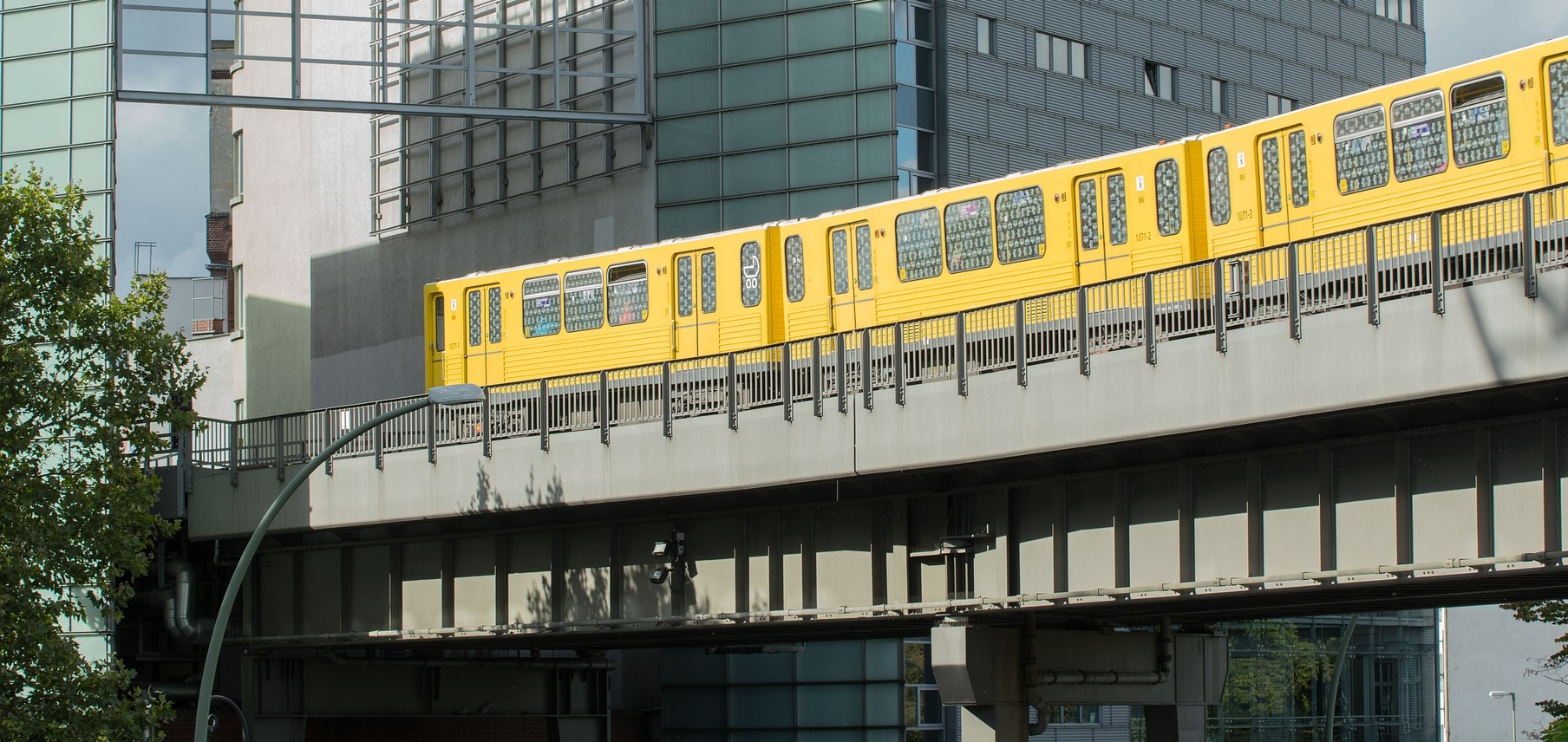Decriminalizing fare evasion in public transport is becoming a tendency. Many cities in the United States have recently moved from court citations to administrative fines to speed up the judicial process. Now, Berlin suggests switching to a fully punishment-free system.
Currently, fare evasion is a crime with potentially significant consequences such as large fines or jail time. Fare dodgers at Berlin’s U and S-Bhan network face fines of €60. They can pay on the sport or later via bank transfer. If they delay the payment, the amount increases. Ultimately, serial fare dodgers who are unable or unwilling to pay their debts are often sent to jail.
Some people have called for downgrading fare evasion to a misdemeanor. Berlin’s Attorney-General Margarete Koppers goes further by suggesting a full punishment-free system. Koopers believes the efforts to investigate and punish fare evasion are “a waste of resources”. Thus, the offense should be “completely abolished”.
Is the punishment-free system adequate?
Supporters believe legalizing fare evasion would relieve the judiciary and the police. Consequently, both forces could then better focus on the cases that endangered the security of the city. It would also unburden prisons. Every year, more than 300 people in Berlin go to jail temporarily because they did not pay for their use of public transport.
Berlin’s General-Attorney states giving fare evasion a lower classification is not efficient. District courts would still have to deal with the trial proceedings and the police would still need to perform regulatory measures. “There wouldn’t be a cut in their workload”. A punishment-free system would.
On the contrary, opponents to the measure state that a punishment-free system will incentivise fare evasion. “Legalising fare dodging would mean a serious perversion of our legal system” states CDU deputy Sven Rissman. “Why would anyone still be buying tickets?”.
They are concerned about the initiative will cause underperformance. In 2018, fare evasion reached its lowest level in the past ten years. From January to September, inspectors checked more than 7 million passengers and only 3.14% hand no ticket.



